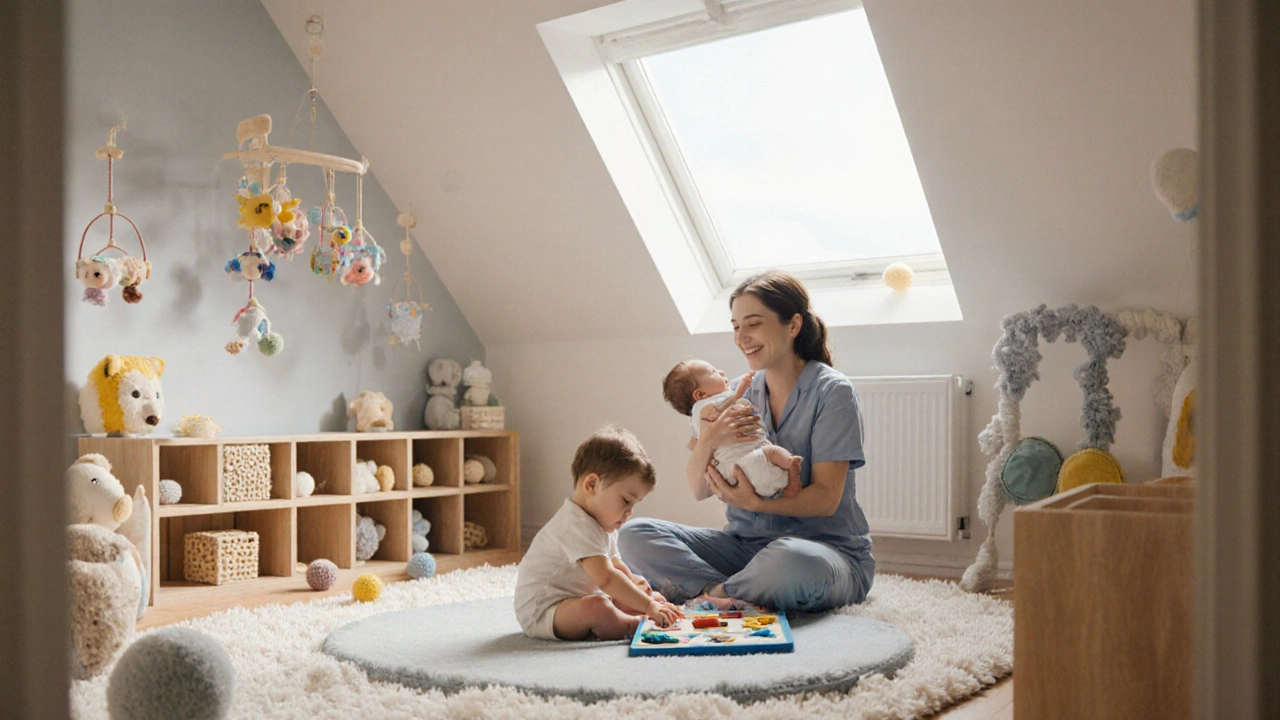Preschool Age Resources and Insights
When working with Preschool Age, the 3‑5 year period when children start structured learning. Also known as pre‑school, it shapes future academic confidence. Preschool age isn’t just a timeline; it’s a stage that blends play, curiosity, and early skill building.
Understanding Early Years Education, formal and informal learning experiences designed for children before they enter primary school is vital because preschool age encompasses this whole approach. Early years education supplies the curriculum backbone—counting games, story time, and basic science exploration—that lets toddlers transition smoothly into formal schooling.
What fuels that transition is Early Childhood Development, the physical, cognitive, emotional and social growth occurring from birth to eight years. When you pair strong early years education with healthy development, you see better language skills, stronger attention spans, and more confidence in group settings. That link explains why many teachers stress play‑based learning at preschool age.
In today’s classrooms, Inclusive Language, word choices that respect neurodiversity and avoid stigmatizing labels matters more than ever. Using terms like "neurodivergent" instead of outdated phrases helps every child feel seen, especially those with special needs. Inclusive language also guides parents on how to discuss differences at home, creating a consistent, supportive environment.
Special needs considerations are a natural part of the preschool age mix. Children with ADHD, for example, often look hyperactive but can experience hidden fatigue that affects learning. Recognizing that fatigue is real lets educators adapt activity length and provide quieter zones, keeping the classroom inclusive for all energy levels.
Parents looking for resources will find practical checklists for setting up a preschool‑ready space, sample timetables for balanced learning, and easy‑to‑apply strategies for encouraging curiosity. Teachers can grab quick tips on using active recall with young minds, while caregivers gain confidence in talking about neurodiversity with gentle, respectful phrasing.
Below you’ll discover a curated collection of articles that dive deeper into each of these themes—whether you need a language guide, a development‑focused activity plan, or insight into inclusive classroom practices. Browse the posts to find actionable advice that matches your role, your child’s needs, and the latest thinking in early education.

Early Education Age Explained: When Do Kids Start Learning?
- by Eliza Fairweather
- on 8 Oct 2025
Learn what the early education age means, the stages from infant to pre‑kindergarten, benefits of early learning, and how to pick the right program for your child.
